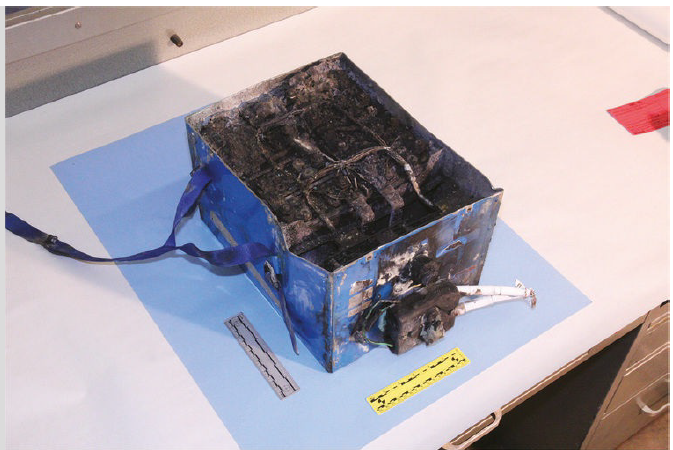Question: 1. Take a position on the following statement: Boeing dug its own grave by outsourcing so much of the 787 to its supply chain. The
1. Take a position on the following statement: €œBoeing dug its own grave by outsourcing so much of the 787 to its supply chain. The firm could not possibly do an effective job managing so many suppliers.€ Do you agree or disagree? Why?
2. What are the advantages and disadvantages of Boeing allowing its suppliers to award contracts for their own supplies of the plane€™s components?
3. In your opinion, what is the moral of this story from a supplier management point of view?

The launch of Boeing€™s newest aircraft, the 787 Dreamliner, was supposed to be a triumphant moment in the history of Boeing. The Dreamliner set a record for booking the most advance orders ever recorded for a new airplane. Unfortunately, the path to glory has been marred by a problem with the planes€™ battery systems. In 2013, smoke filled the cabin of a 787 in flight and another 787 made an emergency landing in Japan. Yet another 787 caught fire while on the ground in Boston. The Federal Aviation Administration (FAA) grounded all 787s shortly thereafter. Not only were American planes being grounded. All Nippon Airways Co., Ltd. (Tokyo, Japan) and Japan Airlines Co. Ltd. (Tokyo, Japan) grounded their fleets of Dreamliners, and other carriers, such as Air India Ltd. (New Delhi, India) and LATAM Airlines Group S.A (Santiago, Chile), also temporarily grounded theirs. Boeing worked frantically to isolate the cause of the battery problems. The 787 was the first commercial aircraft to use lithium-ion batteries. GS Yuasa Corporation (Kyoto, Japan), a Japanese manufacturer, was the supplier. The company also supplied batteries for the International Space Station and electric railcars. Lithium-ion batteries are known for their high-energy storage capacity, low weight, and no memory degradation, but they have also been linked to heat-related problems in the past in various electronic devices. GS Yuasa said it could take months to determine whether the issue is limited to the battery or involves the jet€™s entire electrical system. Boeing€™s supplier management system is complex, with multiple interdependencies among international organizations, all which need to be carefully managed. For example, GS Yuasa€™s batteries must link with the Dreamliner€™s electrical power conversion system, which is manufactured by France€™s Thales SA. United Technologies Corporation€™s (Farmington, CT) UTC Aerospace Systems (Charlotte, NC) unit supplies the overall power system for each aircraft, which uses 1.45 megawatts of electricity, enough to power 400 homes. Thus, although Boeing oversees its entire supply chain, Thales SA originally selected GS Yuasa to supply the batteries. The problems that Boeing faced turned the Dreamliner into something of a nightmare. The company€™s stock price fell, and Boeing€™s backlog of some 850 orders for its aircraft was in jeopardy amid concern about the plane€™s safety. Moreover, buyers demanded deep discounts because delivery schedules for the planes were delayed.
Step by Step Solution
3.42 Rating (168 Votes )
There are 3 Steps involved in it
1 I disagree with the statement that Boeings problems are caused by outsourcing too much of the 787 ... View full answer

Get step-by-step solutions from verified subject matter experts


